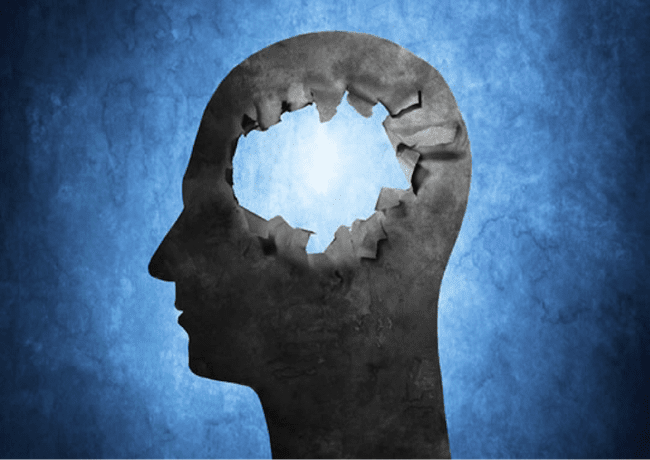Memories are maybe our most precious commodity. And I mean that they are a one-time deal; once we lose them we cannot get them back. That is the worst part about memories. But they also ground us, they give us direction by showing us where we have been, they allow us to hold on to things, search for things, identify with things, and desire for things.
And when they go missing, it can be really debilitating.
There are three pretty common things associated with bipolar disorder that I will talk about here that account for memory loss: medication, electro-convulsive therapy, and the disease itself, all things I have personally dealt with.
Medication is a pretty easy one to follow. I take Lithium Carbonate as my base medicinal treatment and it has been shown to cause brain fogginess and slight memory loss. I think the jury is still out exactly on how much Lithium affects this, but it is a factor. When I first started taking Lithium I noticed two things right away: my right hand had tremors, and I would lose my train of thought easily and have difficulty recalling something I had recently done. The tremors have dissipated, but the recall has never come back, in fact I think it is getting worse. Several other medications have a side effect of memory loss, but since Lithium is so widely used, and has been used in my treatment since almost the beginning, I will stick with that.
Electro-convulsive therapy is not something that most people with bipolar disorder experience. However, it is something I went through (and would happily do it again) and it wreaked havoc on my memory. I had the ECT treatments from April to May of 2015 and I have a hard time remembering most things from just before Christmas until after I was done with the treatment. I find that the memories come back to me slowly. I have regained a lot of memories from that time. But it took a long time and I still find that I am missing so much.
Bipolar disorder is known to prevent what is known as working memory from forming adequately. So people often lose their train of thought, or forget why they are doing something; sometimes they say that you forget the things you are currently conscious of. Read more about the science behind this here and here. It involves the way your pre-frontal cortex transfers information to your amygdala. Not surprisingly, this information transfer is also home to the regulation of mood swings, information processing, and decision making. All things that people with bipolar disorder struggle with.
Mitigating the memory loss, at least at low levels, isnt really that difficult. I find that my memory has become pretty bad and so I take a lot of notes and record messages to myself on my phone whenever I can. I still miss a lot, and I feel terrible when I do, but it doesnt dismantle my life anymore.
The bigger issue is dealing with the psychology of losing the memories. You dont really know that you forgot something until someone tries to remind you of it. Then feelings of guilt, or stupidity, or incompetence can sink in. After the initial shock I always find myself searching my mind for gaps where I might have forgotten something. It particularly bothers me when I look at my daughter and think about all the moments of pure joy that have been lost forever.
I always find it best to simply recognize it as part of the disease, and its treatment, much like weight gain, or mood swings. It is likely to happen. It will only tear me apart as much as I let it. And I need to make sure I am doing everything I can to work around it.
Plus, I dont remember saying that, you know how bipolar can be can be a pretty nice line to roll out to your wife from time to time.
Read the rest of Steve’s blogs for IBPF here or visit his personal blog here.


